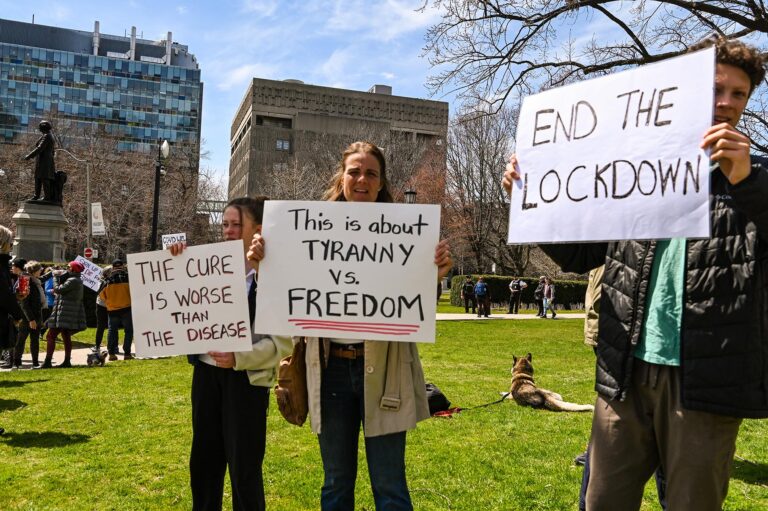John Carpay – Western Standard
In its first incarnation, from the 1980s through to 2006, the Court Challenges Program gave away millions of tax dollars to special interest groups like the feminist Legal and Education Action Fund (LEAF), to advance their woke and progressive ideology through the courts.
Examples of the positions advocated by LEAF before Canadian courts include:
- That people are entitled to collect welfare regardless of the income earned by a common law spouse residing in the same house (Falkiner v. Ontario)
- That non-citizens should acquire the opportunity to avoid deportation by giving birth to children in Canada (Francis v. Minister of Citizenship and Immigration)
- That a pregnant woman has a right to continue harming her wanted unborn child by sniffing glue (Winnipeg Child and Family Services v. D.F.G.)
- That more tax dollars should be spent on health services for non-citizens (Irshad v. Ontario)
- That physical fitness standards for firefighters should be lowered to accommodate women (Meiorin)
- That freedom of political speech should be restricted in the name of “equality” and “Canadian values” (Kane v. Alberta Report)
- That EI benefits should be extended to people having worked less than 700 hours in the preceding one-year qualifying period (Lesiuk v. Attorney General of Canada), and
- That legally owned guns play a significant role in perpetrating violence against women and children (Reference Re: Firearms Act).
All Canadians have, through their tax dollars, paid to advance LEAF’s public policy agenda, whether they agree with it or not. When the Court Challenges Program was eliminated in 2006 by the Conservative government of Stephen Harper, all Canadian advocacy groups were put on an equal footing, free to raise funds from their own supporters.
In addition to LEAF, other radical and progressive groups have also received tax dollars through the Court Challenges Program, to argue:
- That prisoners convicted of serious crimes should have the right to vote (Sauve v. Canada’s Chief Electoral Officer)
- That receiving welfare payments is a constitutional right (Gosselin v. Quebec)
- In support of Canada Elections Act restrictions on citizens’ free speech and advocacy that is independent of political parties (Harper v. Canada)
- That it should be a criminal offence for parents to spank their children (Canadian Foundation for Children, Youth and the Law v. Canada)
- That persons convicted of importing large quantities of cocaine into Canada should receive a lighter sentence if they are black single mothers (R. v. Hamilton and R. v. Spencer)
- That a Guatemalan citizen with a criminal record, deemed to be a danger to the public, should have an automatic right to appeal a deportation decision (Solis v. Canada – Minister of Citizenship and Immigration)
Some Canadians agree with the public policies which now are being promoted through the Court Challenges Program, since its reinstatement in 2017. But is it right that all Canadians — including those who disagree — have been required to pay for this advocacy?
How would LEAF supporters feel if their tax dollars were used for court challenges seeking to advance the right to life of unborn children? Or how would members of the Canadian Labour Congress — a recipient of tax dollars through the Court Challenges Program — feel if their tax dollars paid for court advocacy against compulsory union dues?
Individuals and organizations have every right to use both the democratic process as well as the courts to press for public policy change. But requiring Canadians to pay for advocacy with which they disagree does serious harm to a person’s conscience. Justice and equality demand that governments refrain from spending tax dollars to favour one side of a controversial issue.









